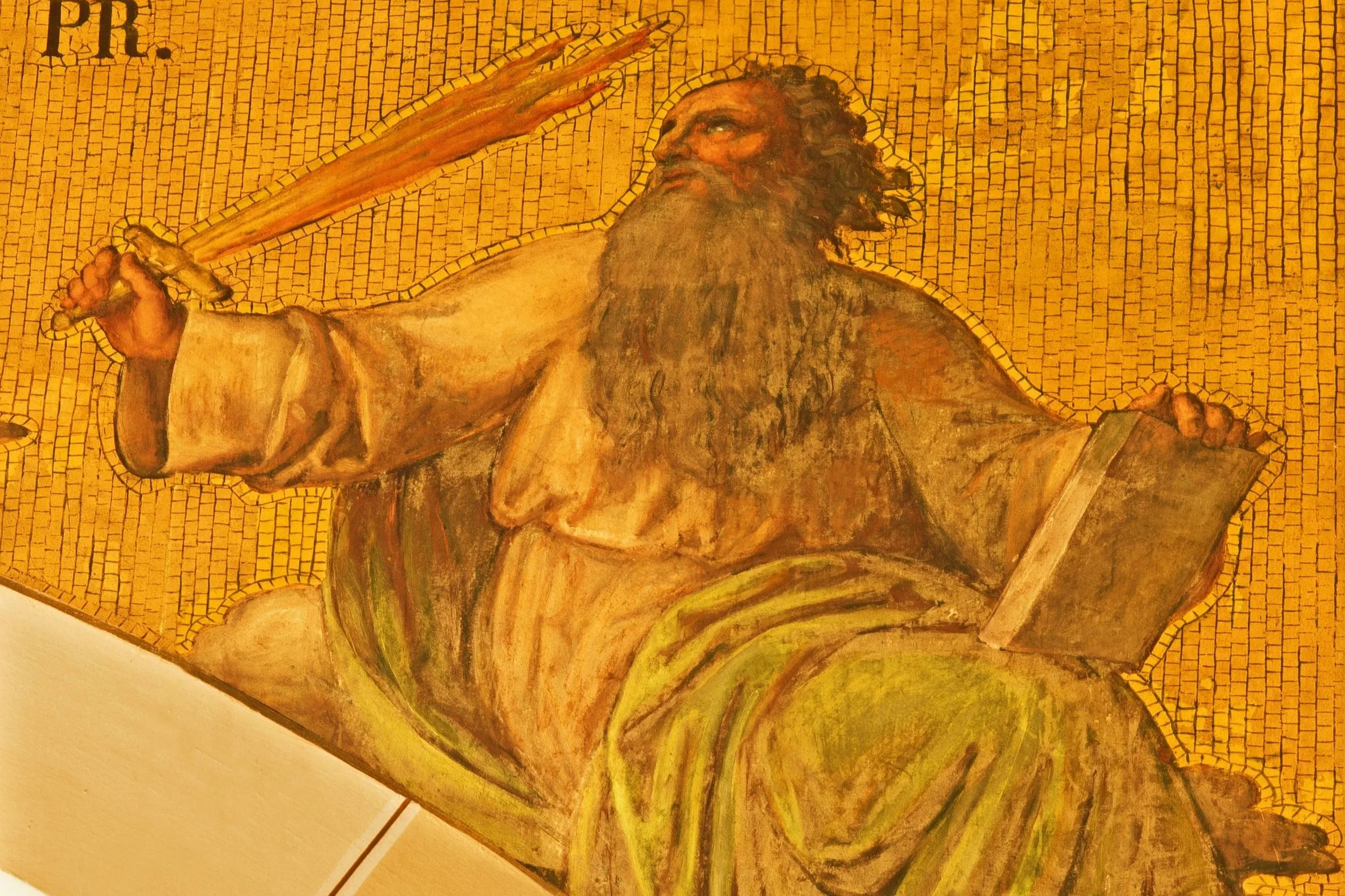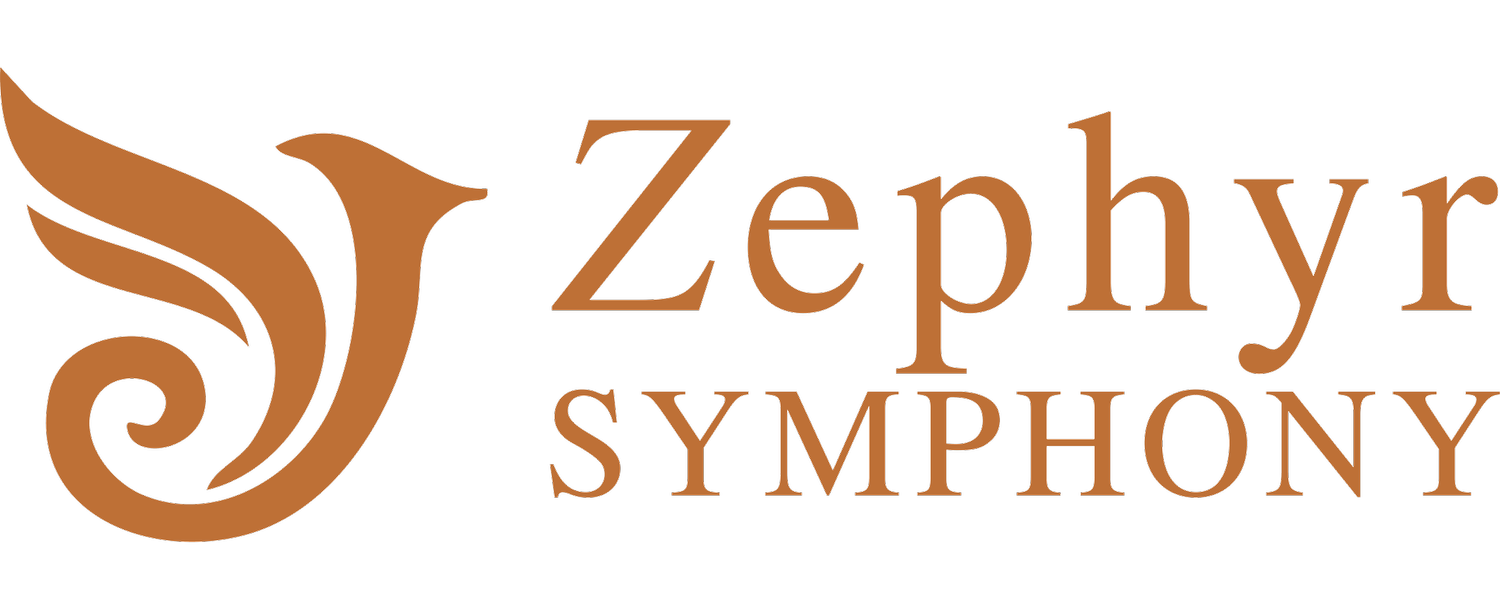
ELIJAH
March 7, 2026, 7:30 pm
St. Mark’s Lutheran Church, San Francisco
Andrew Thomas Pardini
Mary-Hollis Hundley
Mary-Hollis' apperance is underwriten by Don Scott Carpenter & Dr. Erick Palafox
Leandra Ramm
Elliott James-Ginn Encarnácion
Felix Mendelssohn’s Elijah (1846) is a masterful oratorio that bridges the grandeur of the Baroque with the emotional depth of the Romantic era. Drawing direct inspiration from the sacred oratorios of Handel and Bach, Mendelssohn crafted a deeply dramatic and profoundly spiritual work, using the life of the Old Testament prophet Elijah as both a musical and moral canvas. With its sweeping choruses, richly textured orchestration, and vivid character portrayals, Elijah continues to captivate audiences nearly two centuries after its premiere.
This performance brings together the Zephyr Symphony and Zephyr Chorus under the direction of Don Scott Carpenter, with a distinguished quartet of soloists: Andrew Thomas Pardini (Elijah), Mary-Hollis Hundley (soprano), Leandra Ramm (contralto), and Elliott James-Ginn Encarnácion (tenor).
As Elijah, Andrew Thomas Pardini delivers a commanding and emotionally nuanced portrayal of the prophet—a figure of uncompromising faith, prophetic fire, and, at times, profound despair. His dramatic arias and recitatives convey the full humanity of a man caught between divine mission and personal doubt.
Mary-Hollis Hundley’s soprano offers a shining voice of hope and assurance, particularly in moments of comfort and divine promise. Leandra Ramm brings warmth and spiritual gravity to her role, most notably in the beloved aria “O rest in the Lord,” while Elliott James-Ginn Encarnácion lends lyrical power and clarity to the tenor’s narrative and exhortatory roles.
The Zephyr Chorus rises to Mendelssohn’s majestic and demanding choral writing, from the thundering cries to Baal to the tender reassurance of God’s presence. Paired with the Zephyr Symphony’s sensitive and dynamic playing, the result is a sound world rich with both grandeur and intimacy.
In Elijah, Mendelssohn offers more than a historical or religious drama; he gives us a timeless meditation on perseverance, faith, and the human condition. Through fire, drought, doubt, and redemption, Elijah’s journey invites us all to listen—beyond the wind and the earthquake—for the still, small voice of hope.
Artists
Don Scott Carpenter, conductor
Andrew Thomas Pardini, Elijah
Mary-Hollis Hundley, soprano
Leandra Ramm, contralto
Elliott James-Ginn Encarnácion, tenor
Zephyr Symphony
Zephyr Chorus
Program
Mendelssohn | ELIJAH




